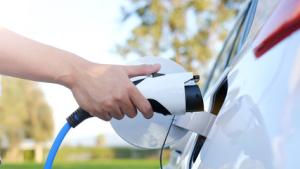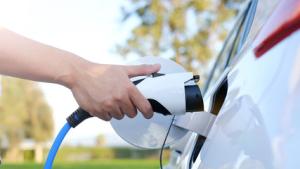Delaware Lawmakers Weigh Repeal of Zero-Emission Vehicle Mandate
A bill is pending in Delaware that could cancel the state’s zero-emission vehicle mandate, a regulation that requires an increasing percentage of new vehicles sold annually to be electric or zero-emission vehicles (ZEVs). Senate Bill 140, sponsored by Senator Brian Pettyjohn (R-Georgetown), aims to prohibit the Delaware Department of Natural Resources and Environmental Control (DNREC) from enforcing regulations that limit the sale of new gas- and diesel-powered vehicles.

The mandate in question is part of the California Advanced Clean Car II program, which Delaware adopted two years ago with some modifications. The program is set to begin in 2026 with model year 2027, requiring 43% of new cars and trucks sold in Delaware to be ZEVs, increasing to 82% by 2032. However, the future of this program remains uncertain due to potential federal policy changes.
Senator Pettyjohn argues that the mandate is unrealistic for many Delaware residents, particularly those in rural areas or those without access to reliable charging infrastructure. “Electric vehicles have a place in our transportation future, and anyone who wants to buy one should be free to do so,” Pettyjohn said. “But EVs are not a realistic option for every Delawarean, especially those living in rural areas, those with long commutes or people without access to reliable charging infrastructure.”
Governor Matt Meyer has also expressed reservations about the mandate, stating that people should be able to purchase the vehicles they want. The Trump administration has come out against ZEV mandates as part of its ‘Unleashing American Energy’ order signed in January, adding another layer of uncertainty to the program’s future.
If the federal government revokes the California plan that Delaware follows, Pettyjohn has indicated he would withdraw his bill. The legislation currently awaits consideration in the Senate Environment, Energy & Transportation Committee.
Proponents of the mandate argue that it is crucial for reducing emissions, while opponents claim it will strain Delaware’s electric grid further. “Delaware’s electric grid is already under increasing strain. Forcing more EVs onto car lots, and subsequently into garages, will only compound the problem,” Pettyjohn said.
The outcome of Senate Bill 140 will have significant implications for Delaware’s environmental policy and the automotive industry within the state.



